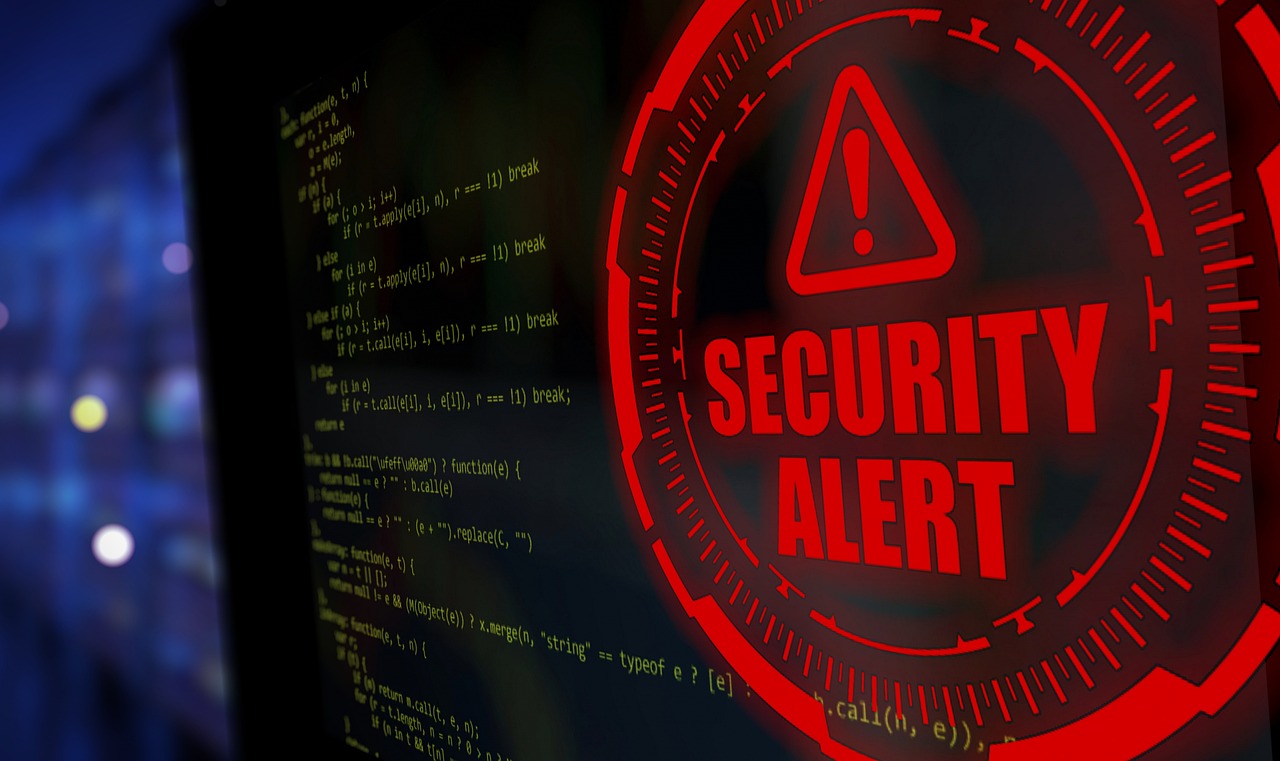1. EXECUTIVE SUMMARY
CVSS v3 7.5
ATTENTION: Exploitable remotely/low attack complexity
Vendor: Mitsubishi Electric
Equipment: MELSEC iQ-F FX5-OPC
Vulnerability: NULL Pointer Dereference
2. RISK EVALUATION
Successful exploitation of this vulnerability could allow a remote attacker to cause a Denial-of-Service (DoS) condition on the product by getting a legitimate user to import a specially crafted PKCS#12 format certificate.
3. TECHNICAL DETAILS
3.1 AFFECTED PRODUCTS
The following Mitsubishi Electric products are affected:
MELSEC iQ-F FX5-OPC: All versions
3.2 Vulnerability Overview
3.2.1 NULL POINTER DEREFERENCE CWE-476
A Denial-of-Service (DoS) vulnerability due to NULL Pointer Dereference when processing PKCS#12 format certificate exists in OpenSSL installed on MELSEC iQ-F OPC UA Unit. Because OpenSSL does not correctly check if a certain field in the PKCS#12 format certificate is NULL, a NULL pointer dereference occurs when the field is NULL, causing the product to enter a Denial-of-Service condition.
CVE-2024-0727 has been assigned to this vulnerability. A CVSS v3.1 base score of 7.5 has been calculated; the CVSS vector string is (AV:N/AC:L/PR:N/UI:N/S:U/C:N/I:N/A:H).
3.3 BACKGROUND
CRITICAL INFRASTRUCTURE SECTORS: Critical Manufacturing
COUNTRIES/AREAS DEPLOYED: Worldwide
COMPANY HEADQUARTERS LOCATION: Japan
3.4 RESEARCHER
Mitsubishi Electric reported this vulnerability to CISA.
4. MITIGATIONS
Mitsubishi Electric recommends users take the following mitigations to minimize the risk of exploiting this vulnerability:
Use within a LAN and block access from untrusted networks and hosts through firewalls.
Restrict physical access to the product, as well as to computers and network devices located within the same network as the product.
Use a firewall or virtual private network (VPN), etc. to prevent unauthorized access when Internet access is required.
Use IP filter function to block access from untrusted hosts. For details on the IP filter function, please refer to the following manual. MELSEC iQ-F FX5 OPC UA Module User’s Manual “4.4 IP Filter”
Do not import untrusted certificates.
For additional details, see Mitsubishi Electric advisory.
CISA recommends users take defensive measures to minimize the risk of exploitation of this vulnerability, such as:
Minimize network exposure for all control system devices and/or systems, ensuring they are not accessible from the internet.
CISA reminds organizations to perform proper impact analysis and risk assessment prior to deploying defensive measures.
CISA also provides a section for control systems security recommended practices on the ICS webpage on cisa.gov/ics. Several CISA products detailing cyber defense best practices are available for reading and download, including Improving Industrial Control Systems Cybersecurity with Defense-in-Depth Strategies.
CISA encourages organizations to implement recommended cybersecurity strategies for proactive defense of ICS assets.
Additional mitigation guidance and recommended practices are publicly available on the ICS webpage at cisa.gov/ics in the technical information paper, ICS-TIP-12-146-01B–Targeted Cyber Intrusion Detection and Mitigation Strategies.
Organizations observing suspected malicious activity should follow established internal procedures and report findings to CISA for tracking and correlation against other incidents.
No known public exploitation specifically targeting this vulnerability has been reported to CISA at this time.
5. UPDATE HISTORY
October 1, 2024: Initial Publication

